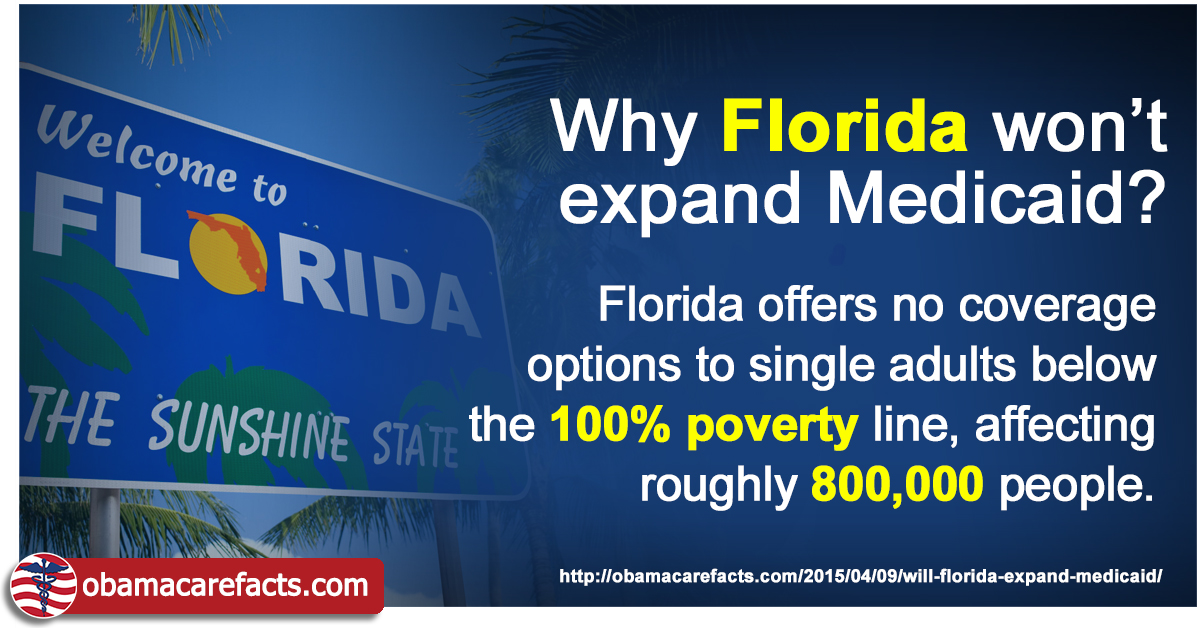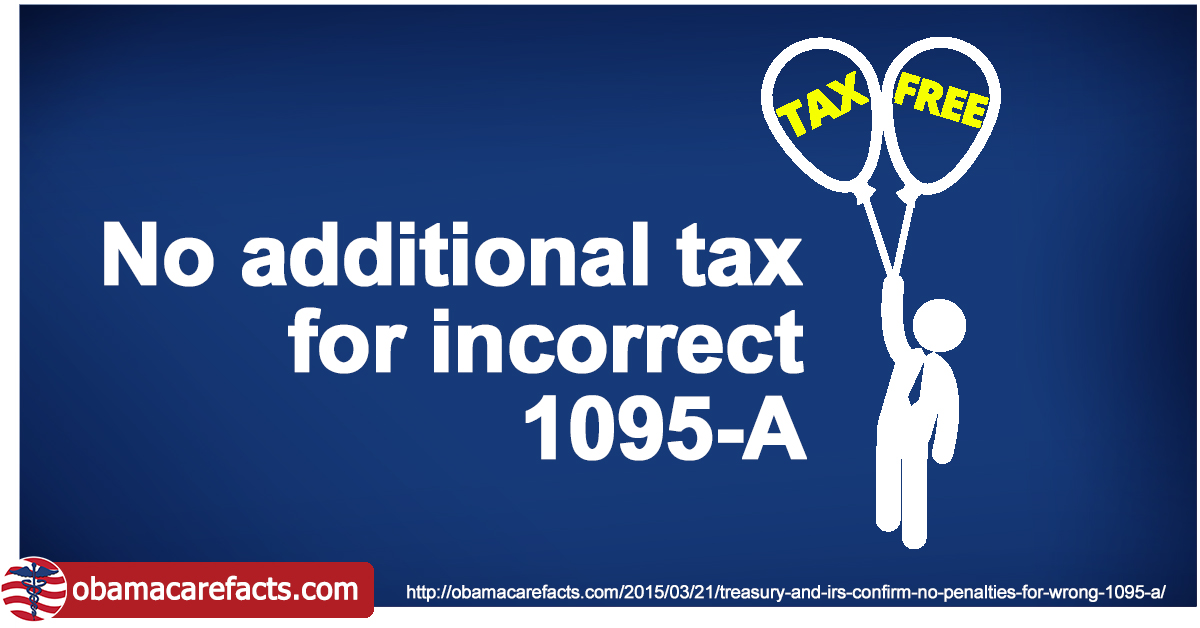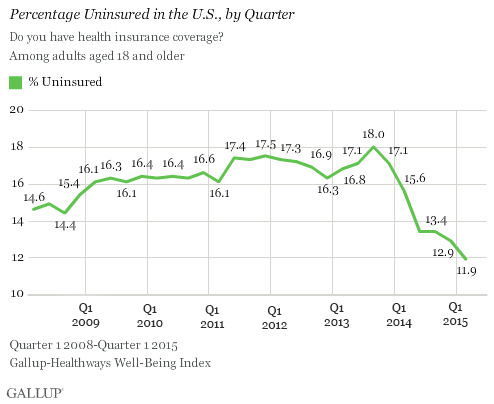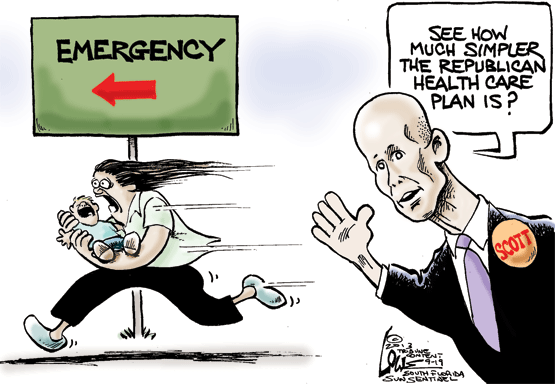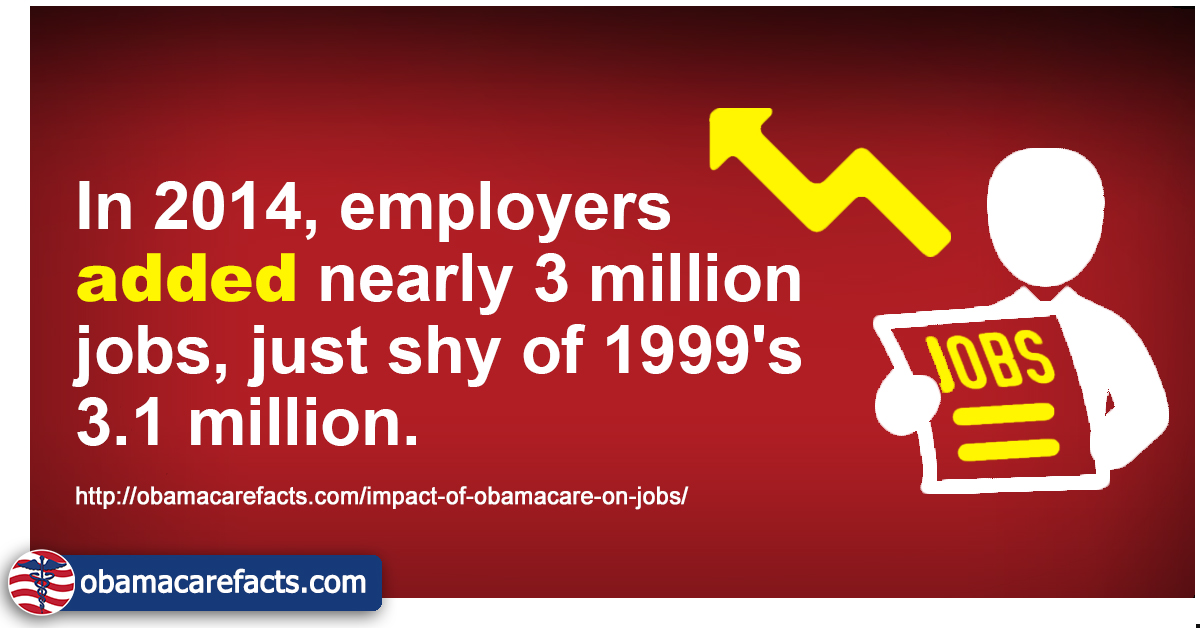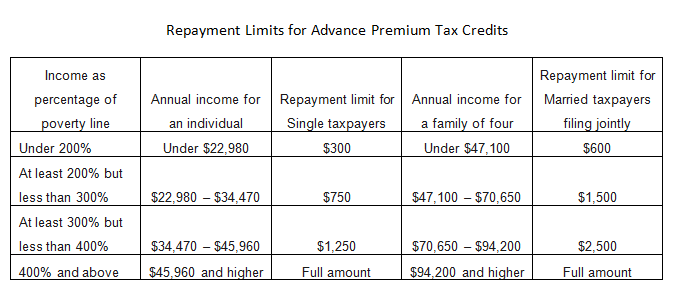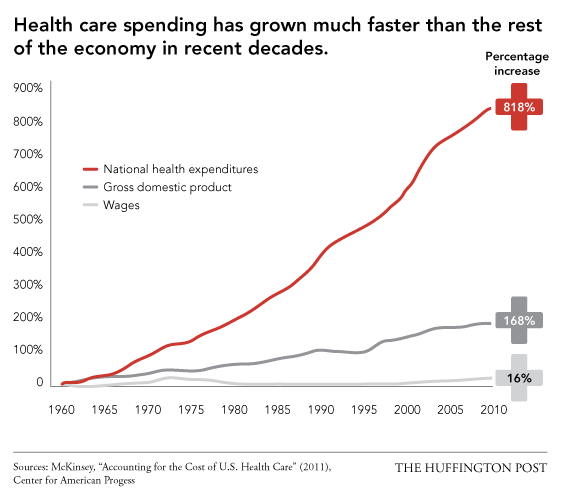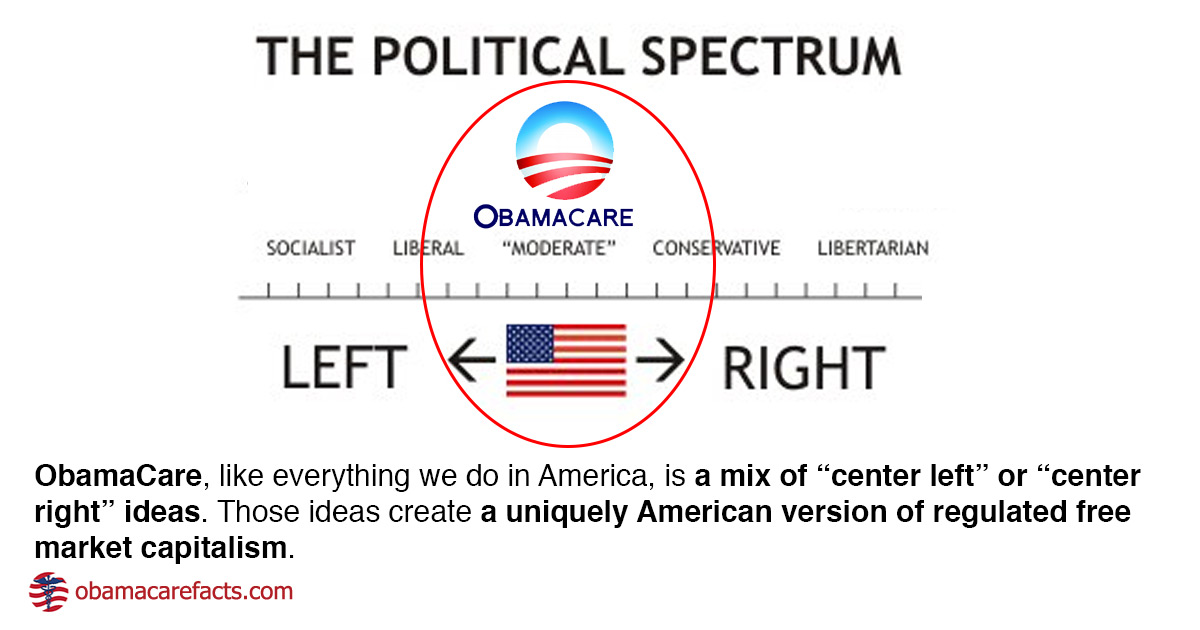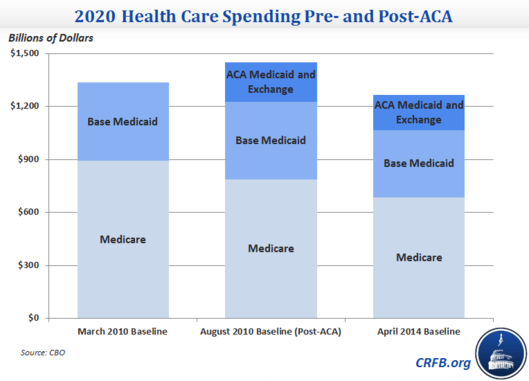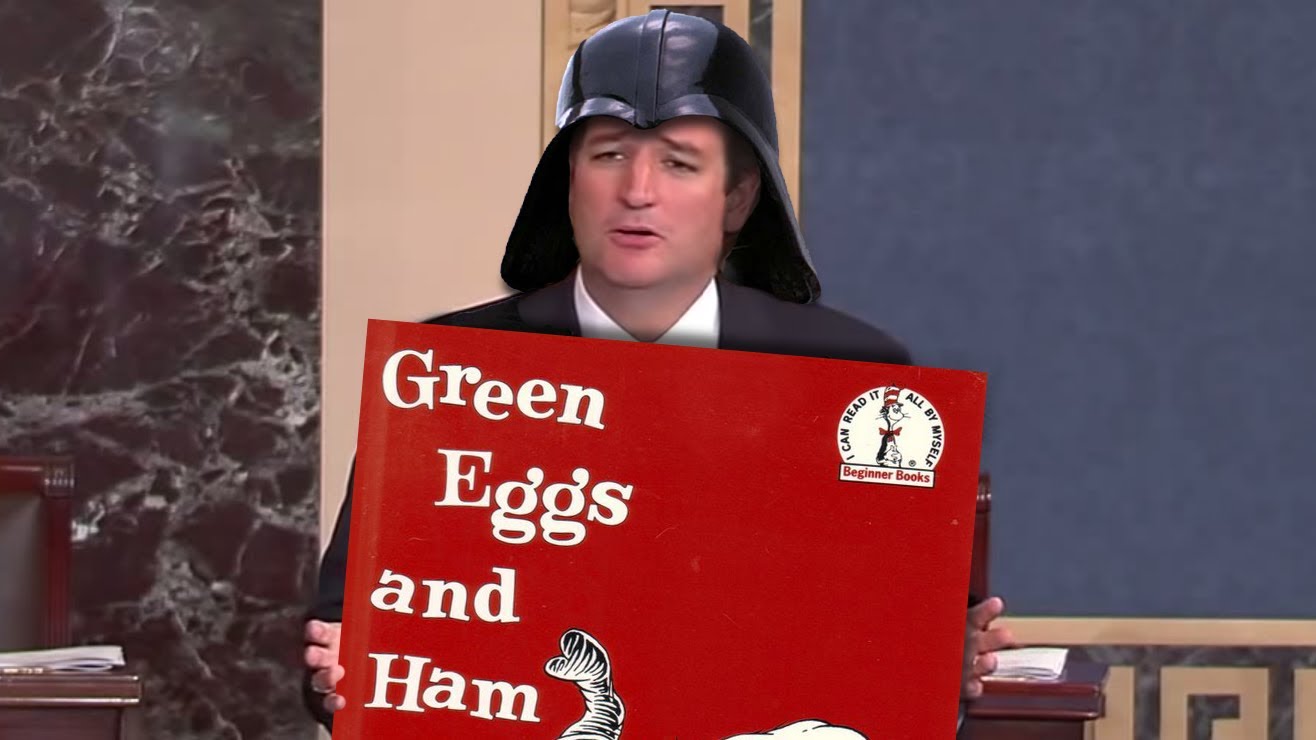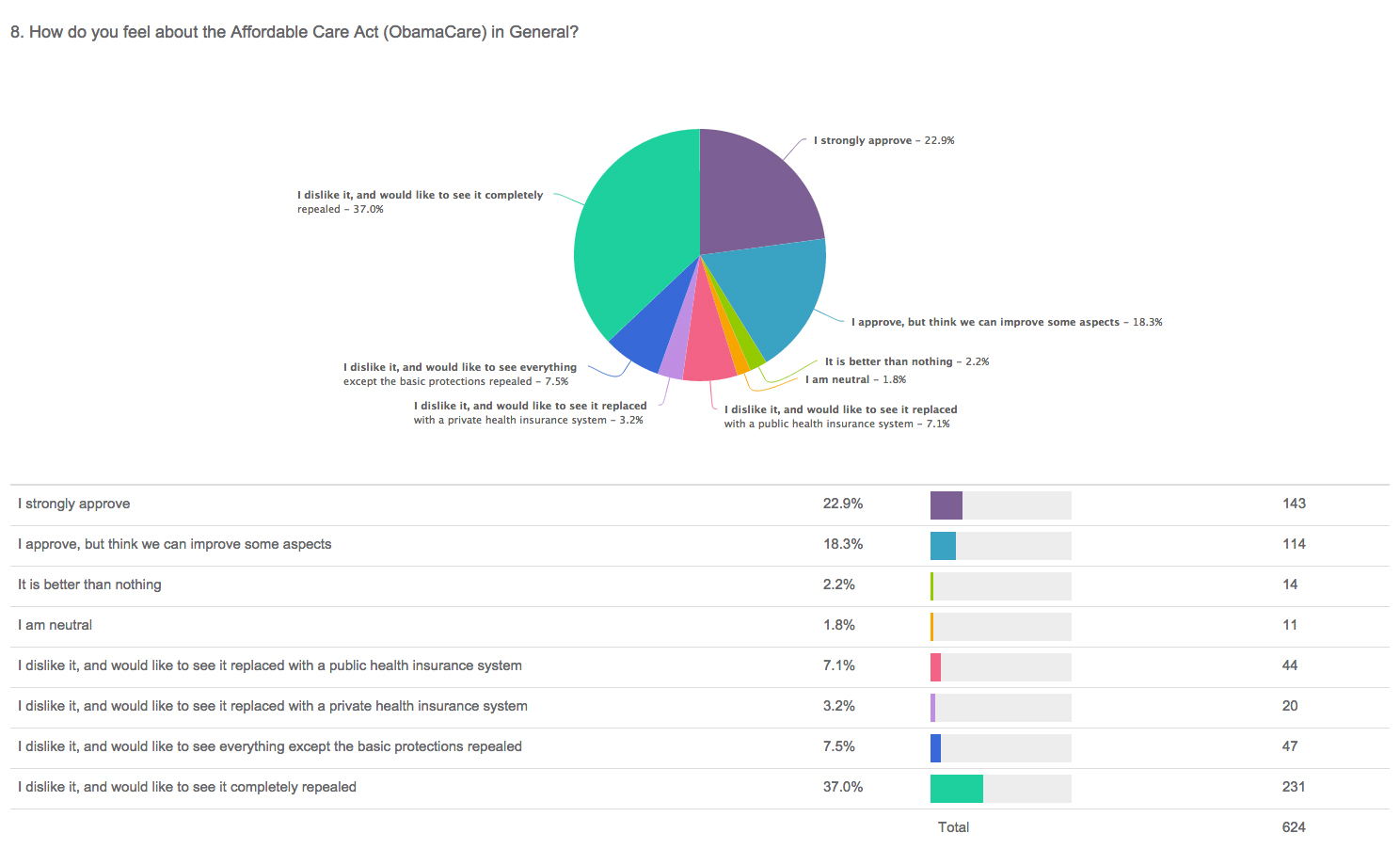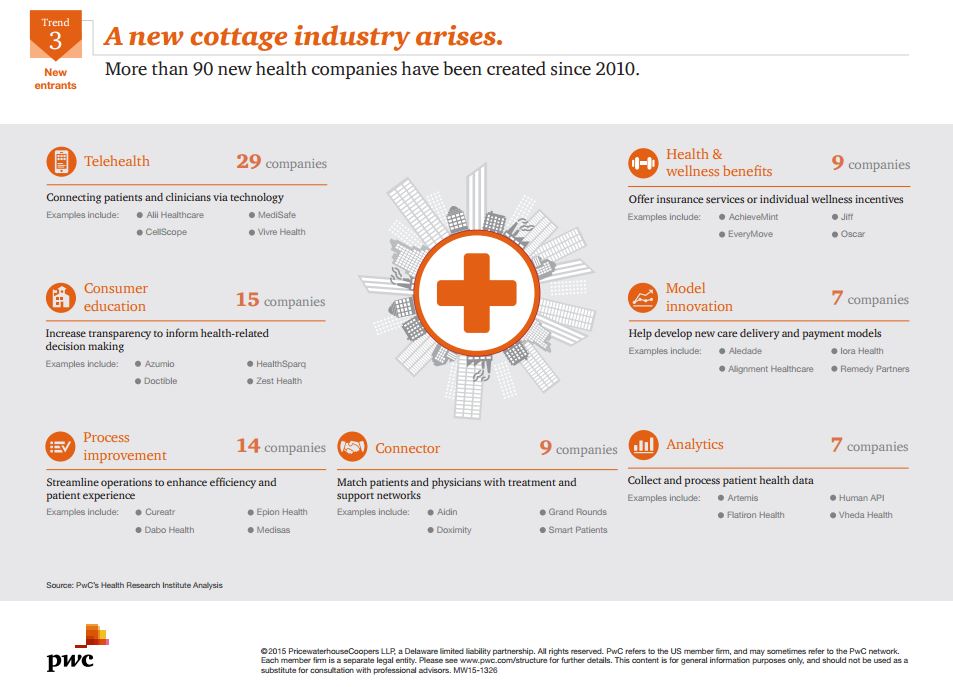Finally Real Insurance – Story







At my place of work it was the employers idea to find the cheapest insurance ever. The employer would go into any state or any place that offered the lowest rate. I had an insurance that would pay for your physical unless they found something wrong with you. Then it was all you. I had… Read More
